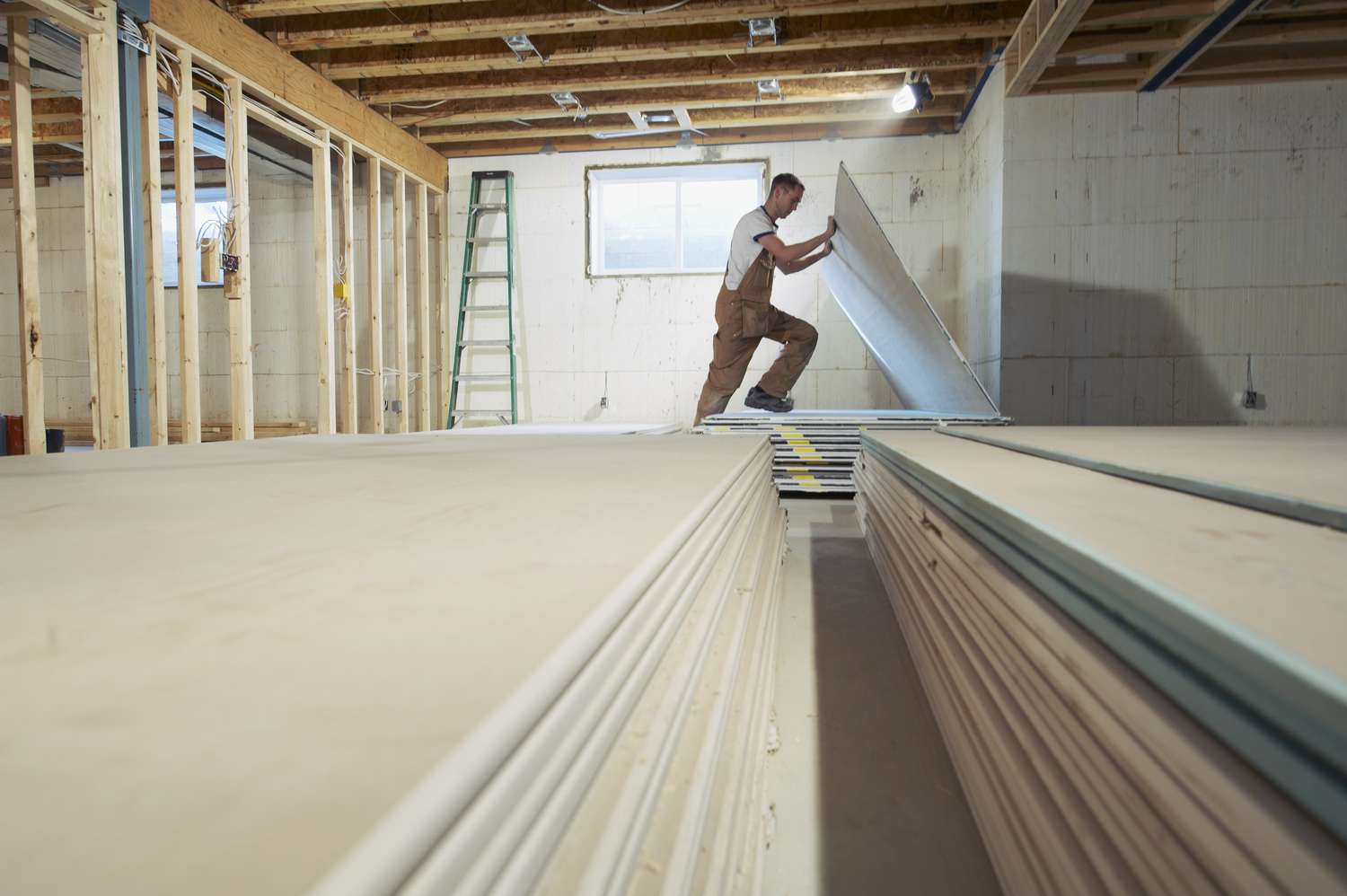

Articles
How Much Does It Cost To Build A Basement
Modified: September 2, 2024
Discover the average cost of building a basement with our comprehensive articles. Get accurate estimates and learn about the key factors that affect the overall expenses.
(Many of the links in this article redirect to a specific reviewed product. Your purchase of these products through affiliate links helps to generate commission for Storables.com, at no extra cost. Learn more)
Introduction
Building a basement can be a great investment for homeowners looking to maximize their living space and add value to their property. Whether you’re planning to create a cozy entertainment area, a functional home office, or even an additional bedroom, a well-designed basement can provide endless possibilities for expansion and customization.
However, one of the primary concerns when embarking on a basement construction project is the cost. Understanding the factors that influence the cost of building a basement is crucial to ensure that your budget aligns with your vision.
In this article, we will explore the various elements that affect the overall cost of building a basement. From the size of the basement and the type of foundation to the construction materials and techniques used, we will delve into the different aspects to help you gain a better understanding of the financial implications. Additionally, we will provide estimates of average costs and discuss important considerations to keep in mind as you plan your basement construction project.
So, if you’re ready to explore the world of basement construction costs, let’s dive right in!
Key Takeaways:
- Building a basement involves various cost factors such as size, foundation type, soil conditions, and design complexity. Understanding these elements is crucial for effective budget planning and decision-making.
- The average cost of building a basement ranges from $20,000 to $80,000, depending on size and complexity. It’s essential to consider permits, hiring options, and financing to ensure a successful project.
Factors Affecting Basement Construction Costs
When determining the cost of building a basement, several factors come into play. Understanding these factors will help you assess the financial implications and make informed decisions. Let’s take a closer look at the key elements that influence basement construction costs:
Size of the Basement: The size of the basement is a significant factor in determining the overall cost. Larger basements require more materials, labor, and time, resulting in higher expenses. Additionally, a larger basement may require additional excavation and preparation work, further impacting the cost.
Type of Foundation: The type of foundation you choose for your basement can significantly impact the cost. There are several options available, each with its own costs and benefits:
- Poured Concrete: Poured concrete foundations are the most common choice due to their durability and versatility. They typically offer good value for the money but can be more expensive compared to other options.
- Block Foundation: Block foundations are constructed using concrete blocks filled with mortar. They are generally less expensive than poured concrete but may require additional waterproofing measures to prevent leakage.
- Precast Panels: Precast concrete panels are manufactured off-site and then assembled on-site. While they offer a faster construction process, they can be more expensive than poured concrete or block foundations.
- Insulated Concrete Forms (ICFs): ICFs are constructed using interlocking panels made of foam insulation filled with concrete. While they provide excellent insulation and energy efficiency, they tend to be more costly than traditional foundation options.
Soil Conditions: The condition of the soil on your building site can impact both the cost and complexity of basement construction. Factors such as soil stability, composition, and water table levels can influence the excavation and foundation preparation required. Complex soil conditions may necessitate additional engineering, drainage, or reinforcement measures, thereby increasing costs.
Access to the Building Site: The accessibility of your building site also plays a role in the cost of basement construction. A site with limited access may require specialized equipment or techniques to excavate and transport materials. Additionally, if there are existing structures or landscaping that need to be maneuvered around, it can add complexity and costs to the construction process.
Design Complexity: The complexity of your basement design can impact construction costs. Features such as angled walls, multiple levels, or intricate layouts may require additional labor and materials. The more intricate the design, the higher the cost is likely to be.
Waterproofing and Drainage Systems: Proper waterproofing and drainage systems are essential to prevent moisture issues in the basement. The cost of these systems will depend on factors such as the water table level, soil conditions, and the extent of required waterproofing measures. It’s important to invest in quality waterproofing to avoid expensive repairs down the line.
Utilities and Plumbing: If your basement will house utility systems or plumbing fixtures, the cost of installing these systems will need to be considered. Running electrical wiring, plumbing pipes, and HVAC systems can add to the overall cost of the project.
By understanding these factors, you can begin to gauge the potential cost of building a basement. It’s important to consult with experienced professionals, such as architects or contractors, who can provide accurate cost estimates based on your specific needs and site conditions.
Construction Materials and Techniques
Building a basement involves various construction materials and techniques that contribute to the overall cost of the project. Here are some key aspects to consider when estimating the expenses:
Excavation and Site Preparation: Before construction can begin, the site needs to be excavated and prepared. The cost of excavation will depend on the size of the basement and the complexity of the site. Factors such as the need for soil removal, clearing of existing structures or trees, and grading the land will affect the cost.
Foundation Construction: The foundation is a critical component of any basement. The choice of foundation material, such as poured concrete, block, or precast panels, will impact the cost. The size and layout of the basement, as well as any additional requirements like reinforcement or specialized construction techniques, will also contribute to the overall expense.
Floor Slabs: The type of floor slab you choose for your basement will affect the cost. Common options include concrete slabs or raised floors supported by beams and joists. The thickness and complexity of the floor slab, along with any additional features like radiant heating, will influence the overall cost.
Wall Construction: The walls of your basement can be constructed using various materials, such as concrete blocks, poured concrete, or insulated concrete forms (ICFs). The choice of material will impact both the cost and the insulation properties of the wall. Additionally, if you plan to install windows or doors in the basement walls, it will add to the overall expense.
Insulation: Proper insulation is crucial for maintaining a comfortable and energy-efficient basement. The cost of insulation will depend on factors like the insulation material, R-value, and the size of the basement. It’s important to ensure that the insulation meets local building codes and energy efficiency standards.
Ventilation and Lighting: Adequate ventilation and lighting are essential for a functional and comfortable basement. The cost of ventilation systems, including fans or ductwork, will depend on the size of the basement and any specific requirements. Similarly, the cost of lighting fixtures and electrical wiring will depend on the design and desired lighting levels.
Electrical and Plumbing Systems: If your basement will include electrical outlets, lighting, or plumbing fixtures like sinks or bathrooms, the cost of these systems should be considered. The complexity of the electrical and plumbing requirements, as well as the service capacity available to your property, will impact the cost.
Finishes: The choice of finishes for your basement, such as flooring, wall coverings, and cabinetry, will affect the cost. Higher-end finishes or custom-made elements will generally come with a higher price tag. It’s important to set a budget for finishes and prioritize accordingly to avoid overspending.
When estimating the cost of building a basement, it’s crucial to consider all these construction materials and techniques. Working with professionals who specialize in basement construction can help you navigate these factors and make informed decisions that align with your budget and vision.
Cost Breakdown
Building a basement involves various expenses across different aspects of the construction process. Understanding the cost breakdown will help you allocate your budget efficiently. Here are the key cost components to consider:
Excavation and Site Preparation Costs: Excavation involves digging and clearing the site to prepare it for the basement. The cost varies based on factors like the size of the basement, soil conditions, and the complexity of the site. Additional expenses may include soil removal and grading.
Foundation Construction Costs: The cost of foundation construction depends on factors like the type of foundation chosen, the size of the basement, and any specialized engineering requirements. Materials, labor, and equipment are key components of this cost category.
Floor Slab Costs: The cost of the floor slab is influenced by factors like the size of the basement, the choice of materials, the level of complexity, and any additional features such as radiant heating. Concrete, reinforcement materials, and labor costs contribute to this category.
Exterior Wall Costs: The cost of constructing the exterior walls of the basement will depend on the chosen materials, such as concrete blocks, poured concrete, or insulated concrete forms (ICFs). Additionally, the inclusion of windows, doors, or waterproofing measures can impact the overall cost.
Interior Wall Costs: Interior walls in the basement can vary depending on the desired layout and functionality. The cost of framing, insulation, drywall, and finishing materials are key factors to consider in this category.
Insulation Costs: Proper insulation is vital for energy efficiency and climate control in the basement. The cost of insulation materials, such as foam boards, batts, or spray foam, is a significant factor in this category. Installation labor and any additional insulation measures, like soundproofing, should also be considered.
Ventilation and Lighting Costs: Ventilation systems, including fans, ductwork, and air vents, contribute to the cost of this category. Lighting fixtures, electrical wiring, and switches are also included. The size and complexity of the basement, as well as any specific requirements, will influence the expense.
Electrical and Plumbing Costs: The cost of electrical and plumbing systems in the basement will depend on the complexity of the design and the desired functionality. This includes wiring, outlets, switches, plumbing fixtures, and any specialized systems like HVAC or plumbing for a bathroom or kitchenette.
Finishing Costs: The finishing of your basement adds to the overall cost. This includes flooring, wall coverings, cabinetry, countertops, and any custom elements like a wet bar or built-in storage. The quality and choice of finishes can significantly impact the expenses in this category.
Miscellaneous Costs: Miscellaneous costs encompass expenses that may arise during the construction process, such as permits, inspections, architectural fees, or unforeseen issues. It’s important to allocate a contingency budget to account for any unexpected costs.
By understanding the breakdown of costs, you can develop a realistic budget for your basement construction project. Consultation with professionals, such as contractors or architects, can provide more accurate estimates based on your specific requirements and local cost factors.
When budgeting for a basement construction, consider factors such as size, materials, labor, permits, and any additional features like plumbing or electrical work. Get multiple quotes from contractors to compare costs.
Average Cost Estimates
When it comes to estimating the cost of building a basement, it’s important to consider the scope and complexity of the project. Here are average cost ranges for different types of basements:
Cost Range for Small Basements: For smaller basements with a basic design and minimal finishes, the average cost can range from $20,000 to $40,000. This cost includes excavation, foundation construction, basic floor slabs, simple wall construction, insulation, standard ventilation and lighting, electrical and plumbing systems, and basic finishes.
Cost Range for Standard Basements: For standard-sized basements with moderate complexity and standard finishes, the average cost can range from $40,000 to $80,000. This cost includes all the elements mentioned above, but with upgraded finishes such as better quality flooring, drywall finishes, and additional features like a bathroom or kitchenette.
Cost Range for Luxury Basements: Luxury basements with larger sizes, high-end finishes, and complex design features can cost upwards of $80,000. The range for luxury basements can vary significantly depending on the level of customization, premium materials, and luxurious amenities such as custom cabinetry, high-end flooring, advanced home theater systems, full-service bars, and spa-like bathrooms.
It is important to note that these cost estimates are general averages and can vary depending on factors such as location, site conditions, specific design requirements, and labor costs in your area. Additionally, it’s crucial to obtain detailed quotes from contractors and professionals to get a more accurate estimate tailored to your specific project.
Remember to also allocate a contingency budget of around 10-15% of the total estimated cost to account for any unexpected expenses that may arise during the construction process.
By considering these average cost ranges, you can have a better understanding of the financial investment required to build a basement and plan your budget accordingly.
Read more: How Much Does A Walkout Basement Cost
Additional Considerations
Building a basement involves more than just the construction process. There are several additional considerations that should be taken into account to ensure a smooth and successful project. Here are some key factors to consider:
Permits and Regulations: Before starting the construction of your basement, it is essential to check with your local building department regarding the permits and regulations required. Building codes and regulations vary depending on your location and may dictate specific requirements for factors such as structural integrity, electrical and plumbing systems, fire safety, and ventilation. It is crucial to obtain the necessary permits and ensure compliance with regulations to avoid penalties or the need for costly modifications later on.
Hiring Contractors or DIY: Deciding whether to hire contractors or undertake the basement construction as a do-it-yourself (DIY) project depends on your skills, experience, time availability, and budget. Hiring professional contractors ensures expertise, efficiency, and adherence to building codes. It also reduces the risk of errors and costly rework. However, if you have the necessary skills and knowledge, DIY can help save on labor costs. Remember to carefully assess your capabilities and consider consulting with professionals if needed.
Financing Options: Building a basement can be a significant financial investment, and it is essential to consider available financing options. Depending on your financial situation, options such as personal loans, home equity loans, or lines of credit can be explored to fund the project. Consult with financial institutions to understand the terms and interest rates associated with each option and choose the one that best fits your needs and budget.
It is crucial to prioritize safety, quality, and compliance with regulations throughout the basement construction process. Seeking advice from professionals, such as architects, engineers, or contractors, can provide valuable guidance and ensure that your project meets all necessary requirements.
By carefully considering these additional factors, you can navigate the complexities of basement construction and ensure a successful and stress-free project.
Conclusion
Building a basement can be a significant undertaking, both in terms of the financial investment and the planning involved. However, with careful consideration of the factors that affect basement construction costs and thoughtful decision-making throughout the process, you can create a functional and valuable space that enhances your home.
We explored various factors that impact the cost of building a basement, including the size of the basement, the type of foundation, soil conditions, access to the building site, design complexity, waterproofing and drainage systems, and the installation of utilities and plumbing. Understanding these factors allows you to make informed decisions and allocate your budget effectively.
We discussed the construction materials and techniques involved in basement construction, from excavation and site preparation to the foundation construction, floor slabs, wall construction, insulation, ventilation and lighting, electrical and plumbing systems, and finishes. Each of these elements has cost implications and should be considered when estimating the overall expenses.
Furthermore, we provided average cost estimates for small basements, standard basements, and luxury basements to give you a ballpark figure to start planning your budget. It is crucial to remember that these estimates can vary based on factors such as location, site conditions, specific design requirements, and labor costs.
We also highlighted important additional considerations, including permits and regulations, the choice between hiring contractors or opting for DIY, and financing options. Successfully navigating these factors can help ensure that your basement construction project is compliant, well-executed, and properly funded.
In conclusion, building a basement can provide you with valuable additional living space and potentially increase the value of your property. By understanding the various factors influencing basement construction costs, carefully planning your budget, and working with experienced professionals, you can confidently embark on your basement construction journey.
Remember, a well-designed and well-constructed basement can add functionality, comfort, and significant value to your home for years to come.
References
1. Consumer Affairs. (n.d.). Basement Cost Guide – How Much Does it Cost to Finish a Basement? Retrieved from https://www.consumeraffairs.com/homeowners/finish-basement.html
2. HomeAdvisor. (n.d.). Basement Remodel Cost. Retrieved from https://www.homeadvisor.com/cost/basements/remodel-a-basement/
3. House Logic. (n.d.). Basement Remodeling: How Much Does it Cost? Retrieved from https://www.houselogic.com/by-room/basement-attic/finished-basement-ideas/
4. ImproveNet. (n.d.). Basement Cost Estimator: Calculate Your Basement Finishing Costs. Retrieved from https://www.improvenet.com/r/costs-and-prices/basement-remodeling-cost-estimator
5. Remodeling Expense. (n.d.). Basement Cost Guides. Retrieved from https://www.remodelingexpense.com/costs/cost-of-adding-a-basement/
6. This Old House. (n.d.). Finishing a Basement: Planning Guide. Retrieved from https://www.thisoldhouse.com/basements/21015667/planning-guide-basement-remodeling
7. The Spruce. (n.d.). Basement Remodeling Costs. Retrieved from https://www.thespruce.com/basement-remodeling-costs-1822411
Please note that these references are for informational purposes only. It is always recommended to consult with professionals and obtain detailed quotes for accurate cost estimates and guidance specific to your individual basement construction project.
Frequently Asked Questions about How Much Does It Cost To Build A Basement
Was this page helpful?
At Storables.com, we guarantee accurate and reliable information. Our content, validated by Expert Board Contributors, is crafted following stringent Editorial Policies. We're committed to providing you with well-researched, expert-backed insights for all your informational needs.

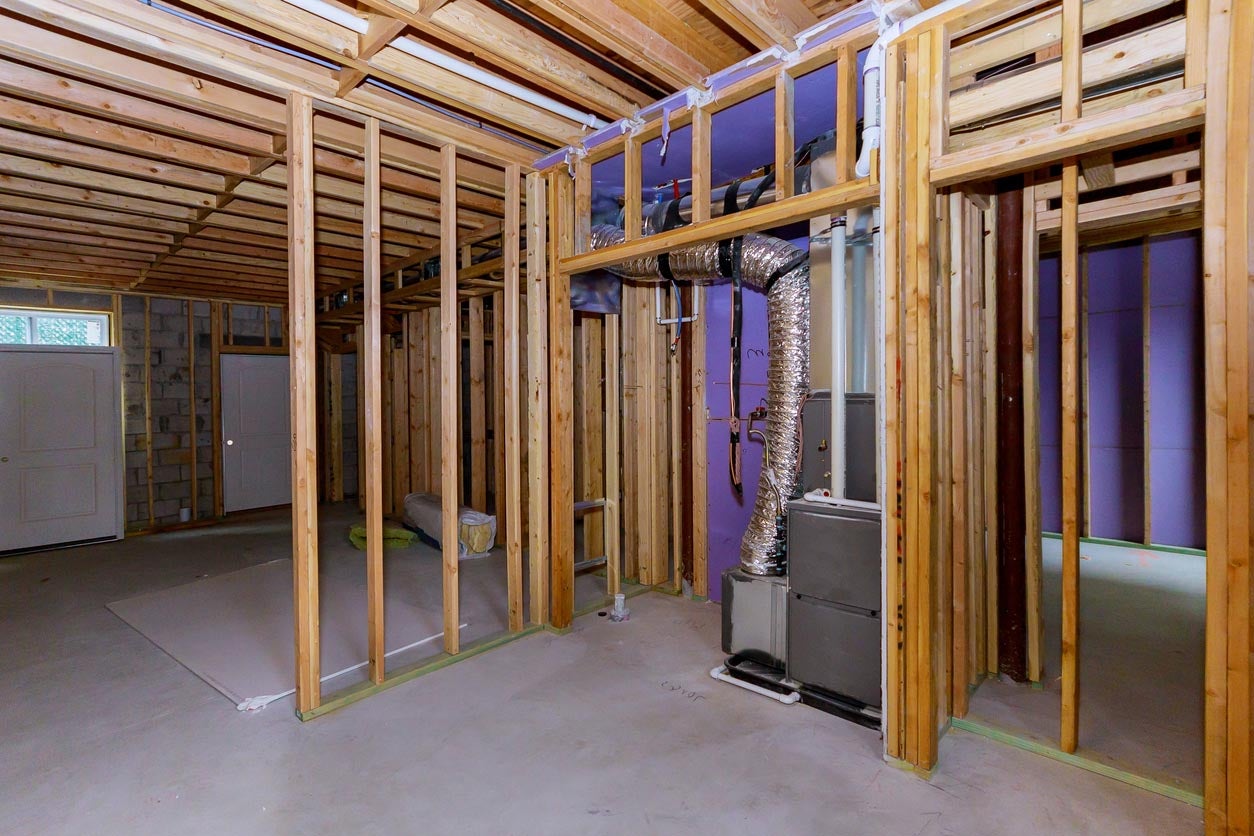
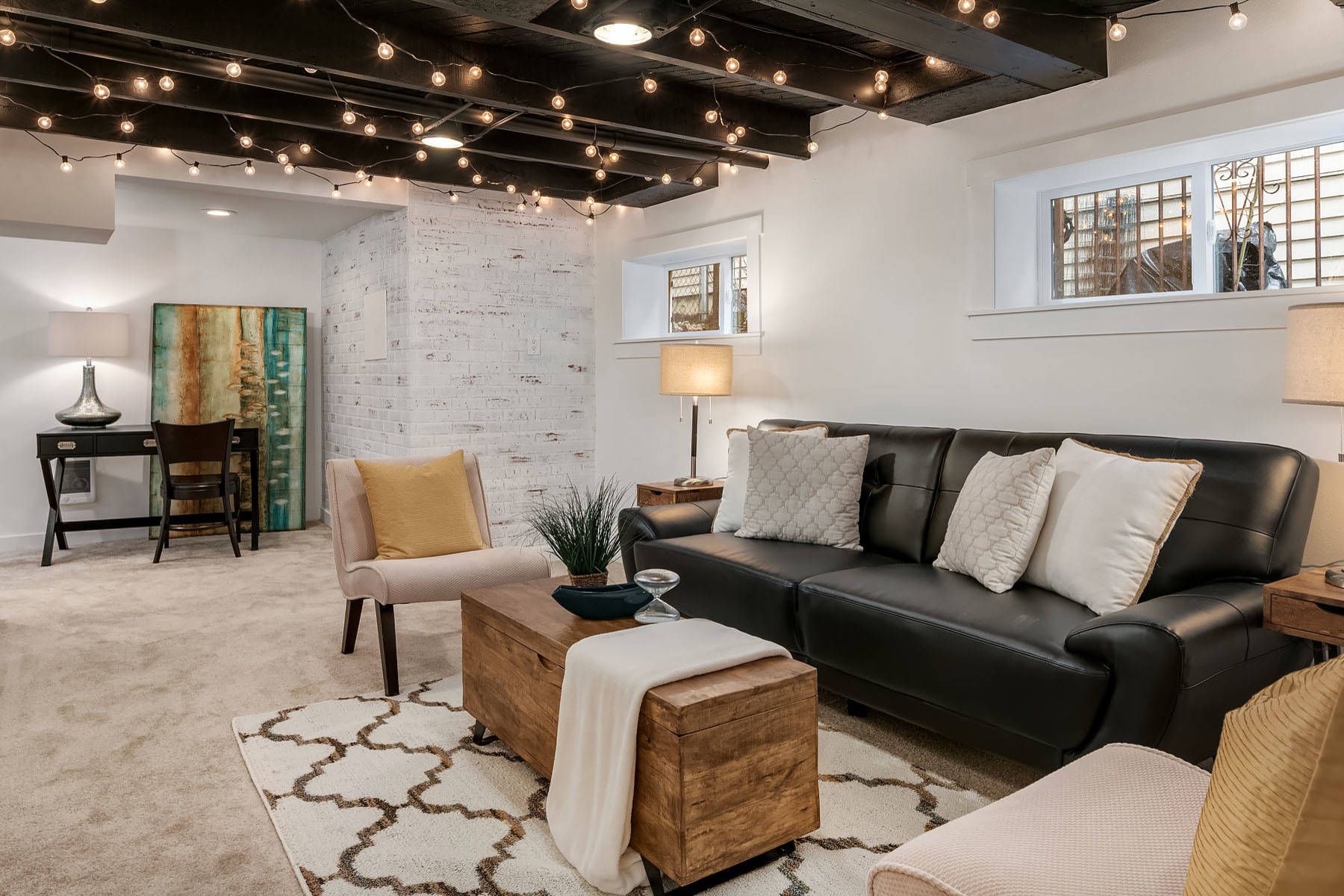
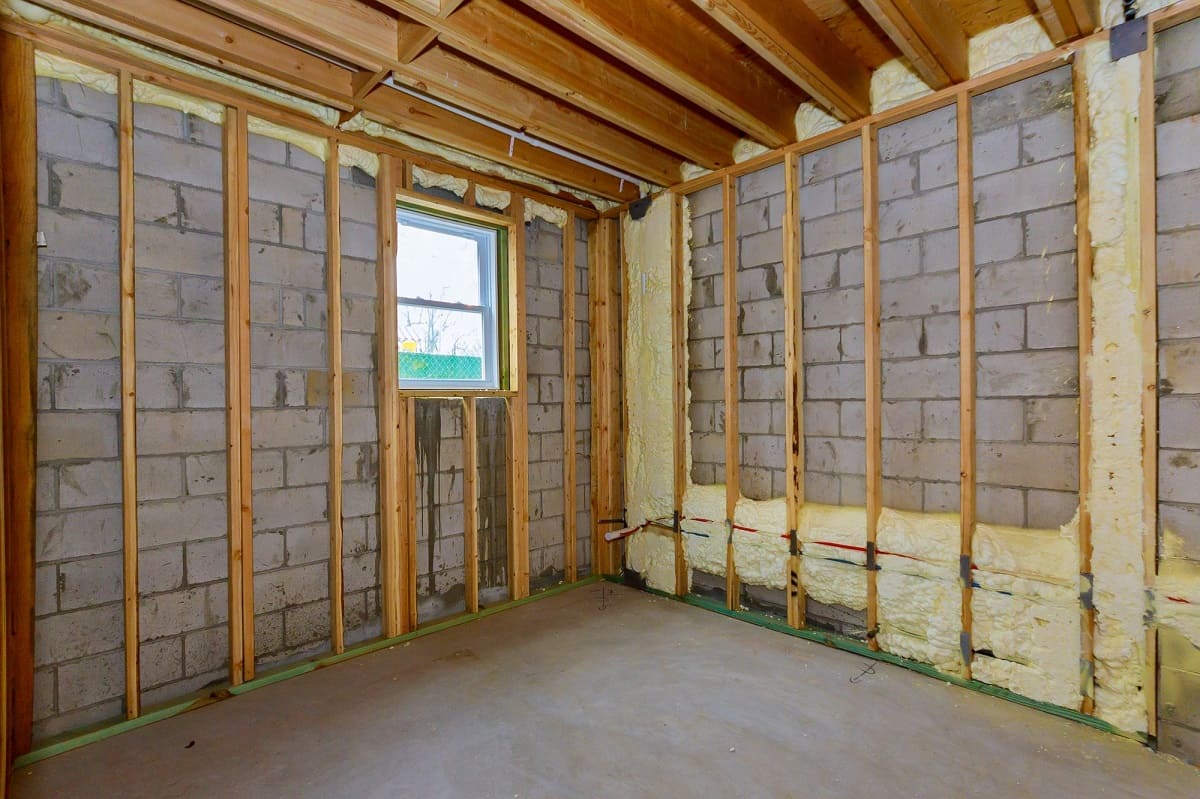
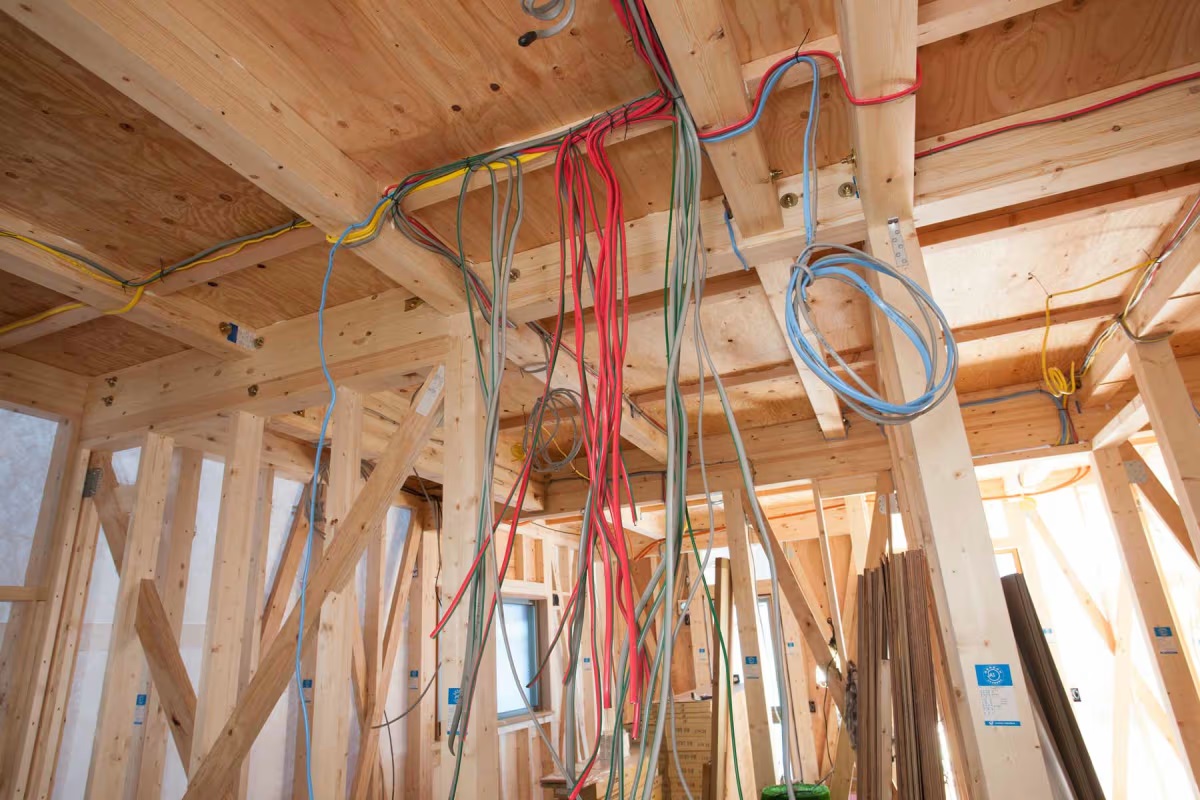

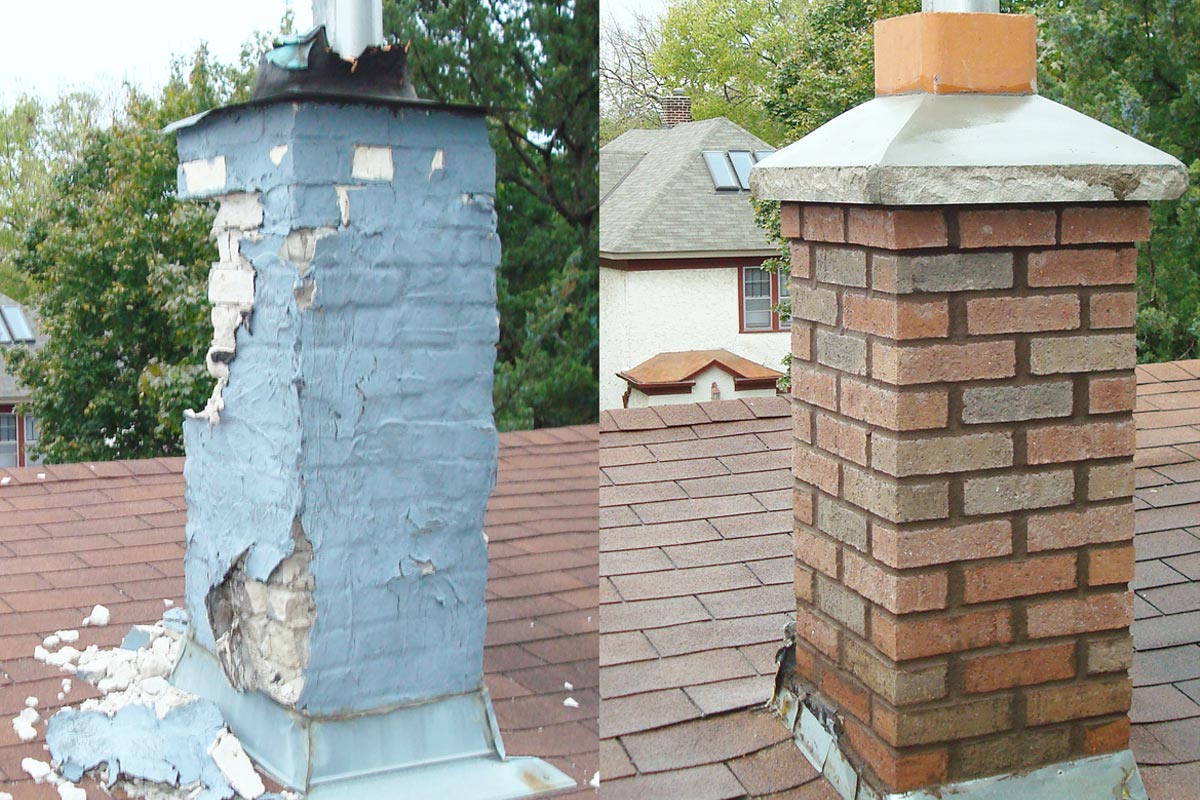
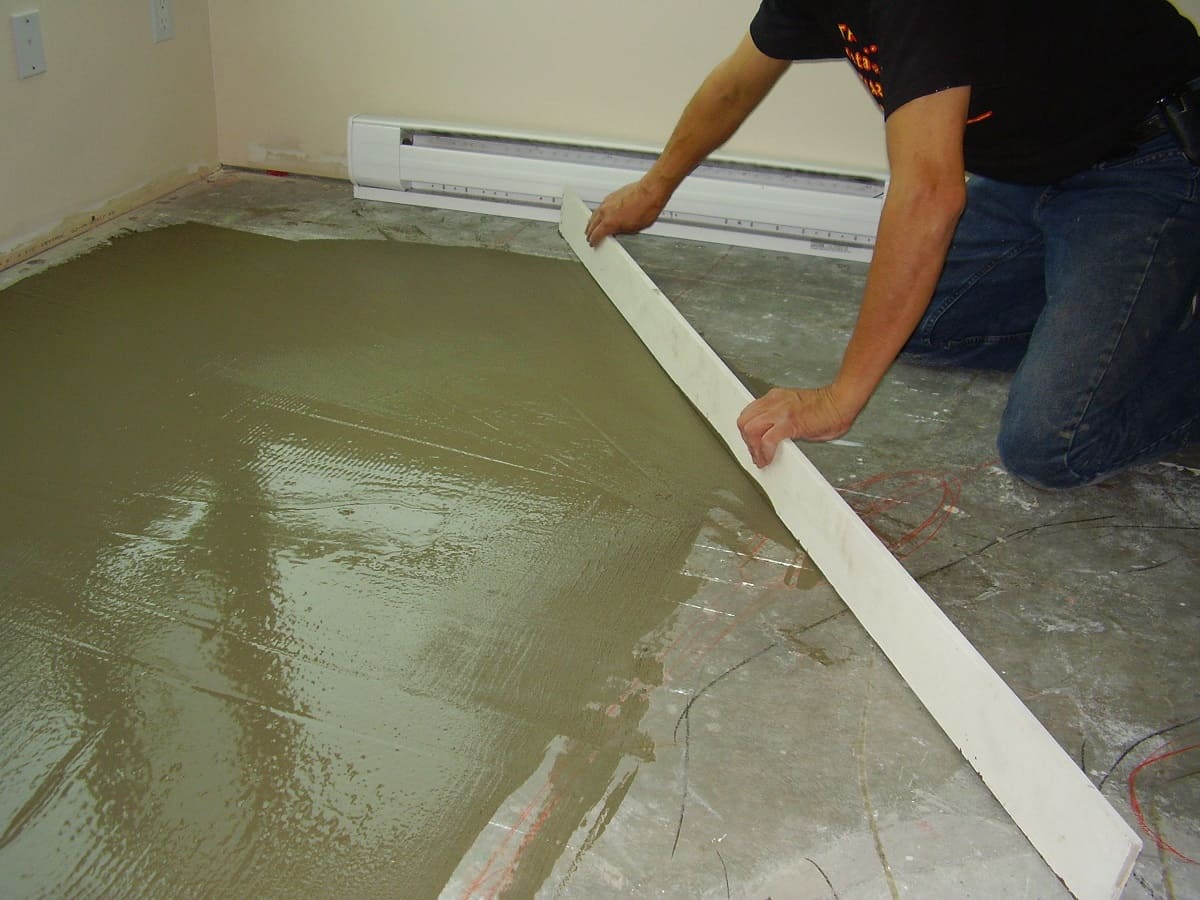

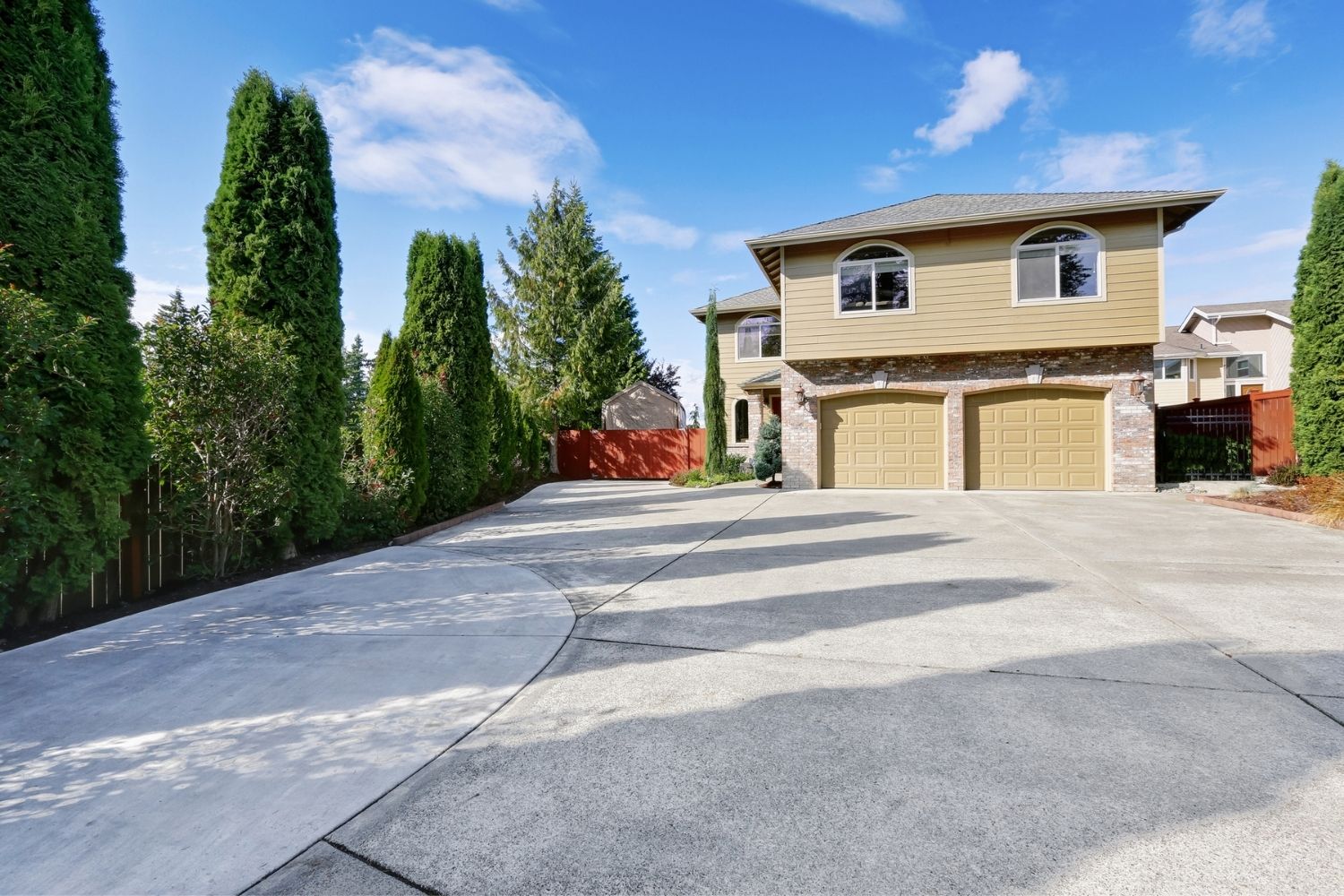
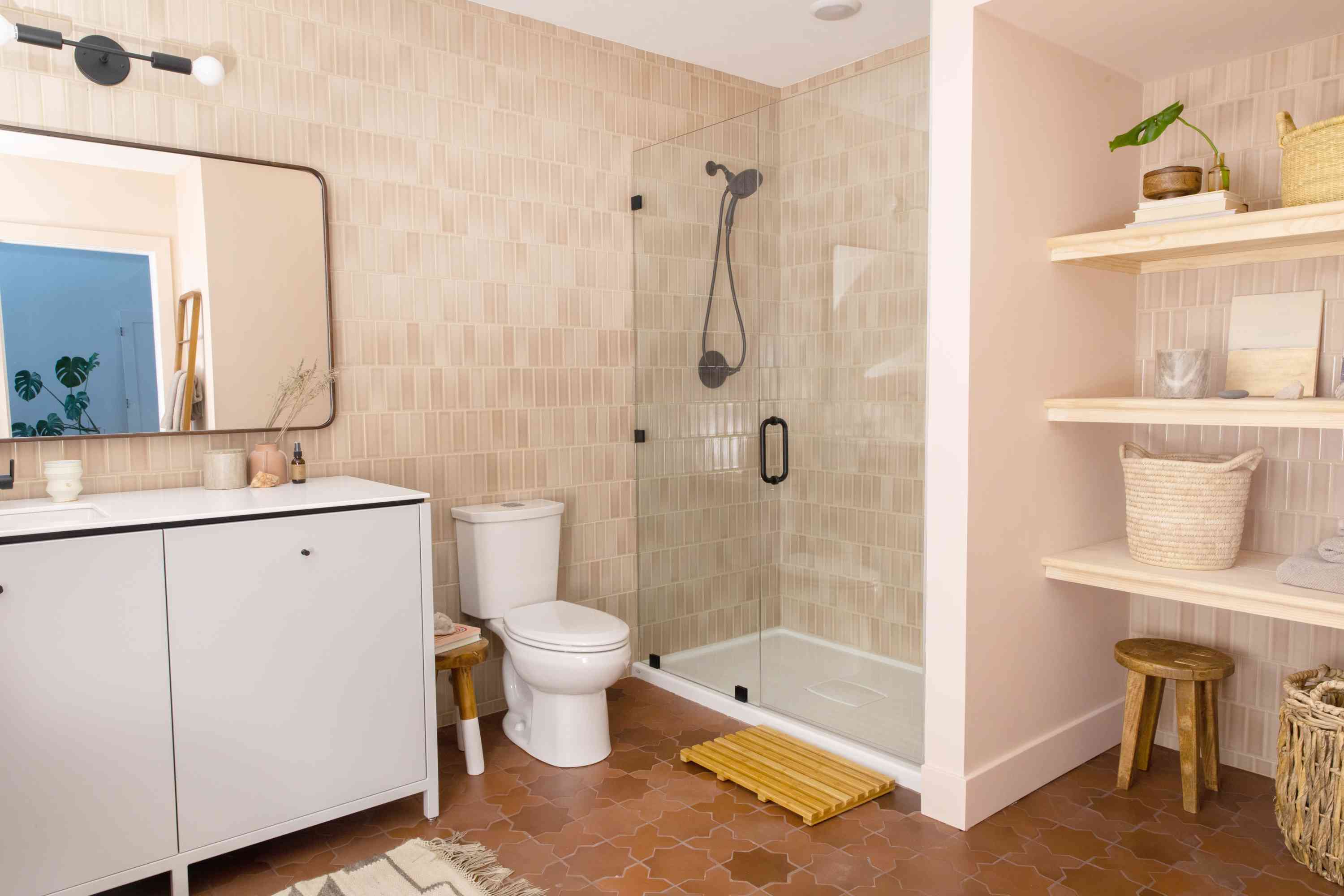
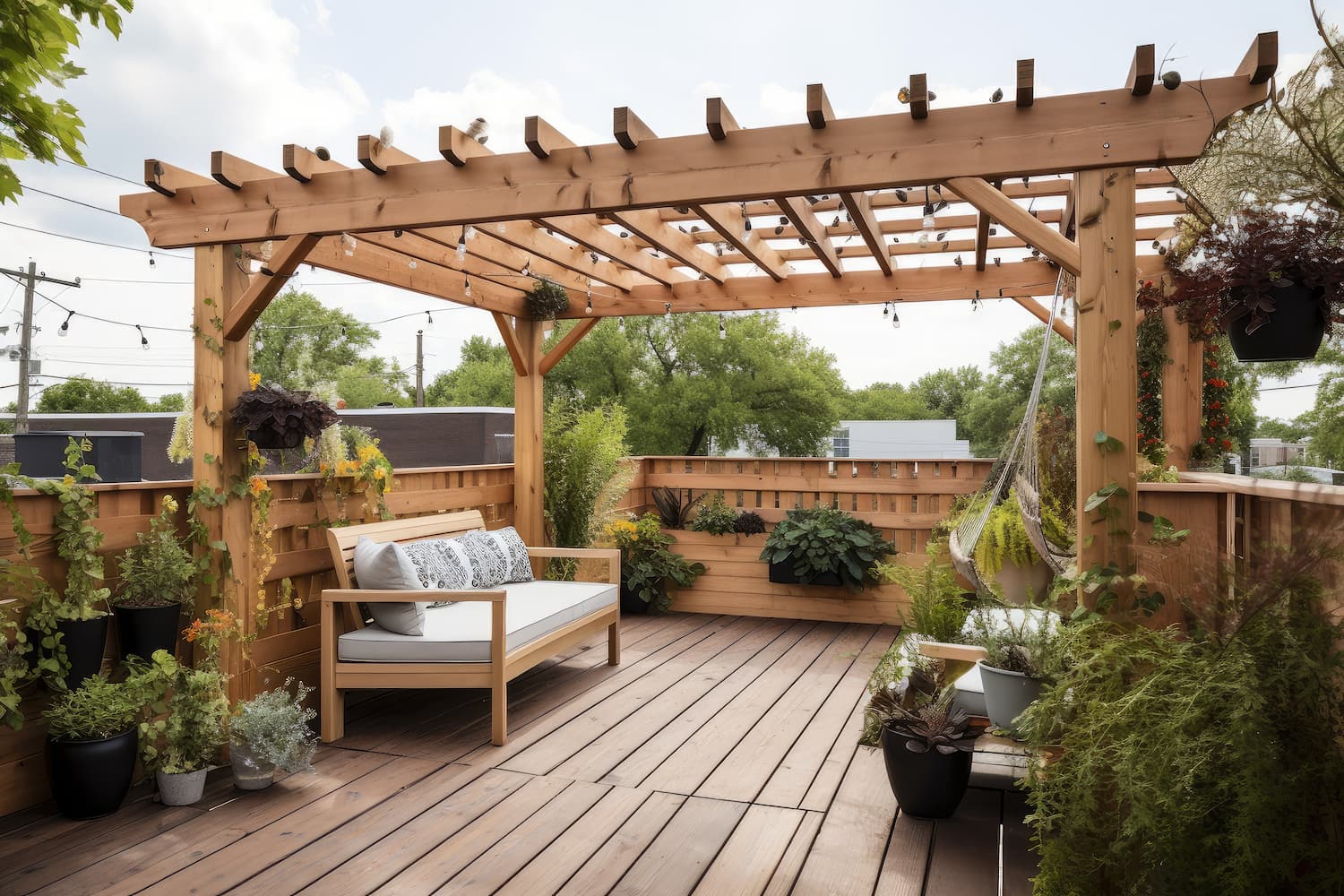
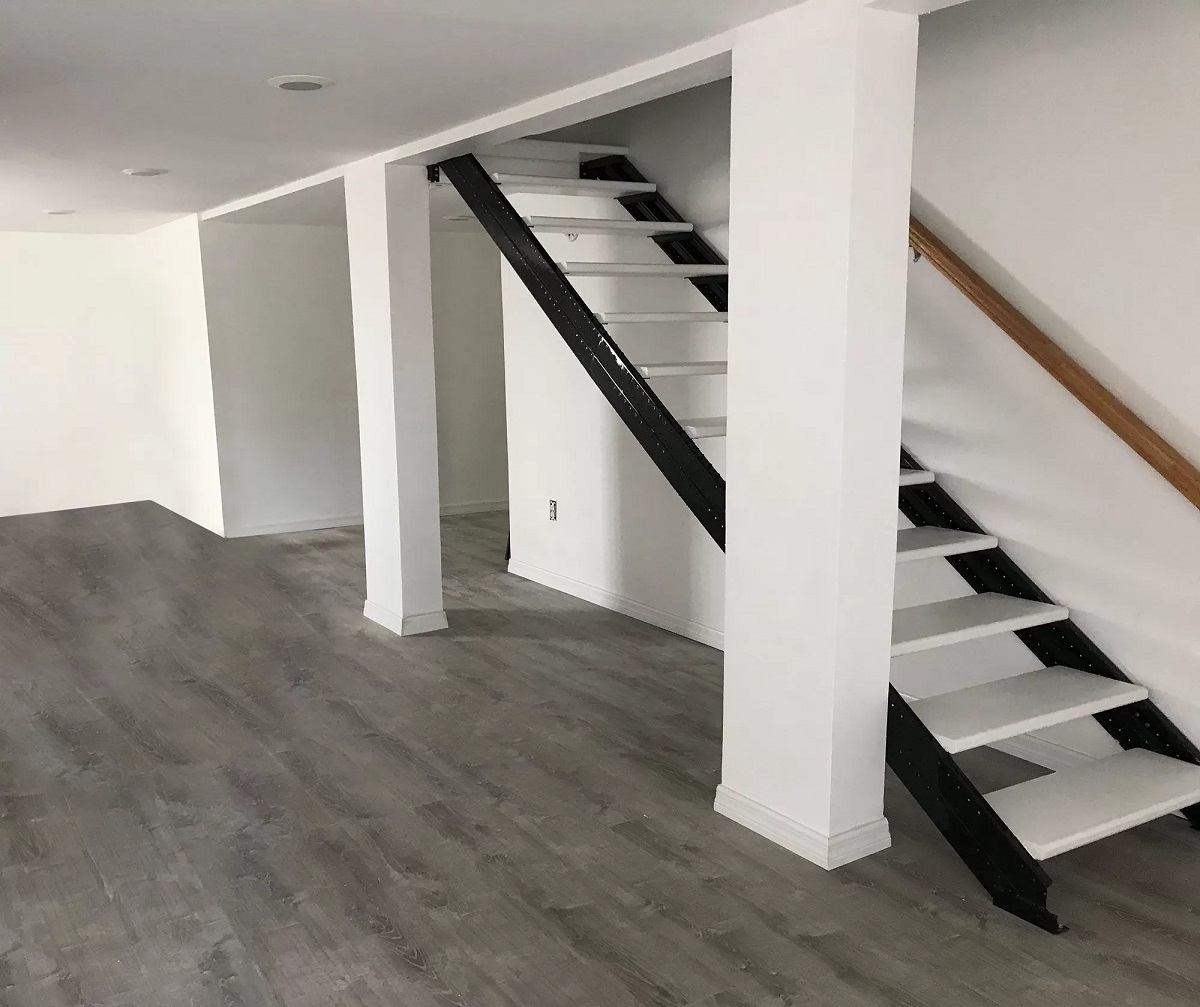
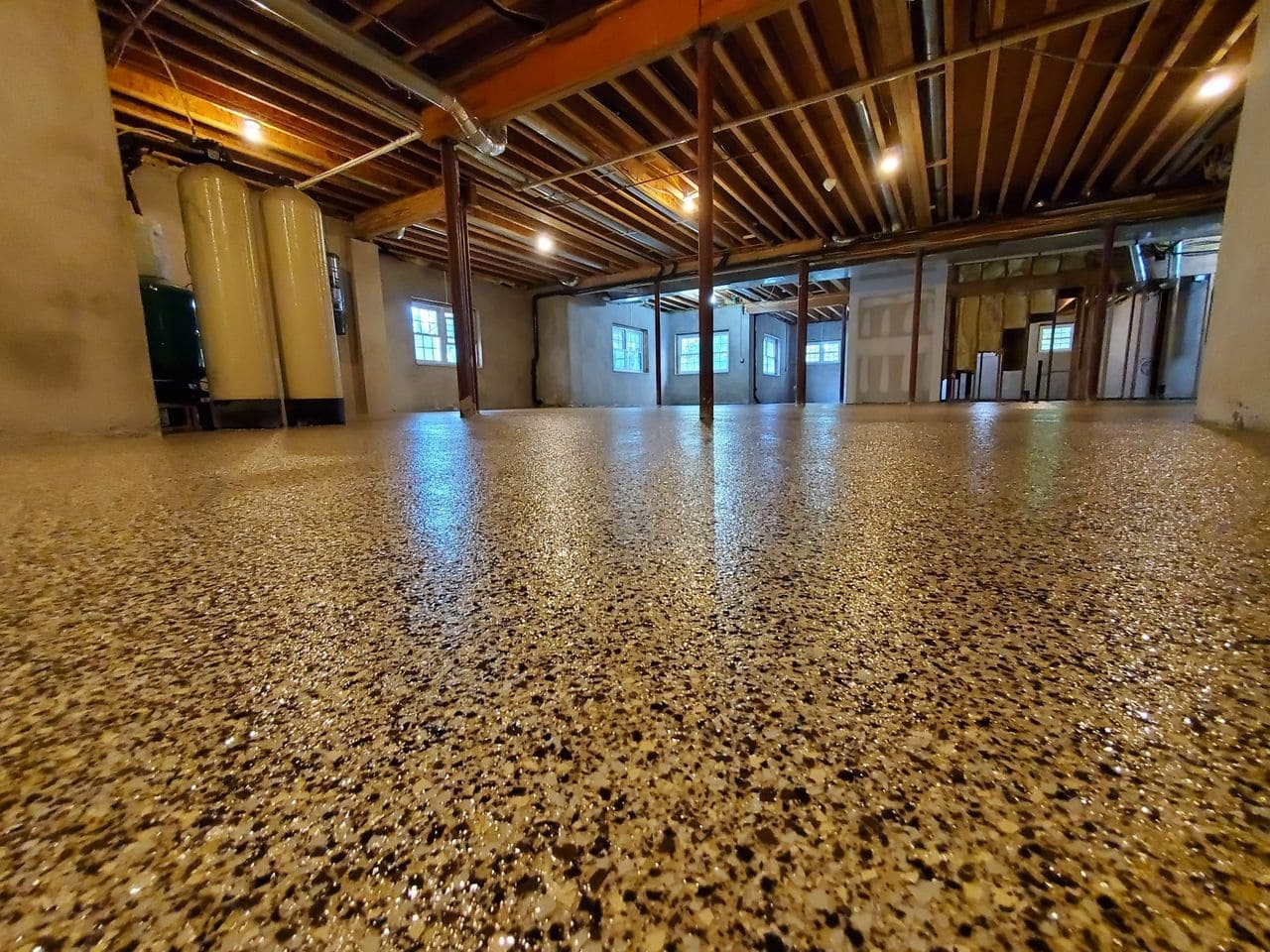

0 thoughts on “How Much Does It Cost To Build A Basement”